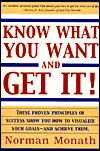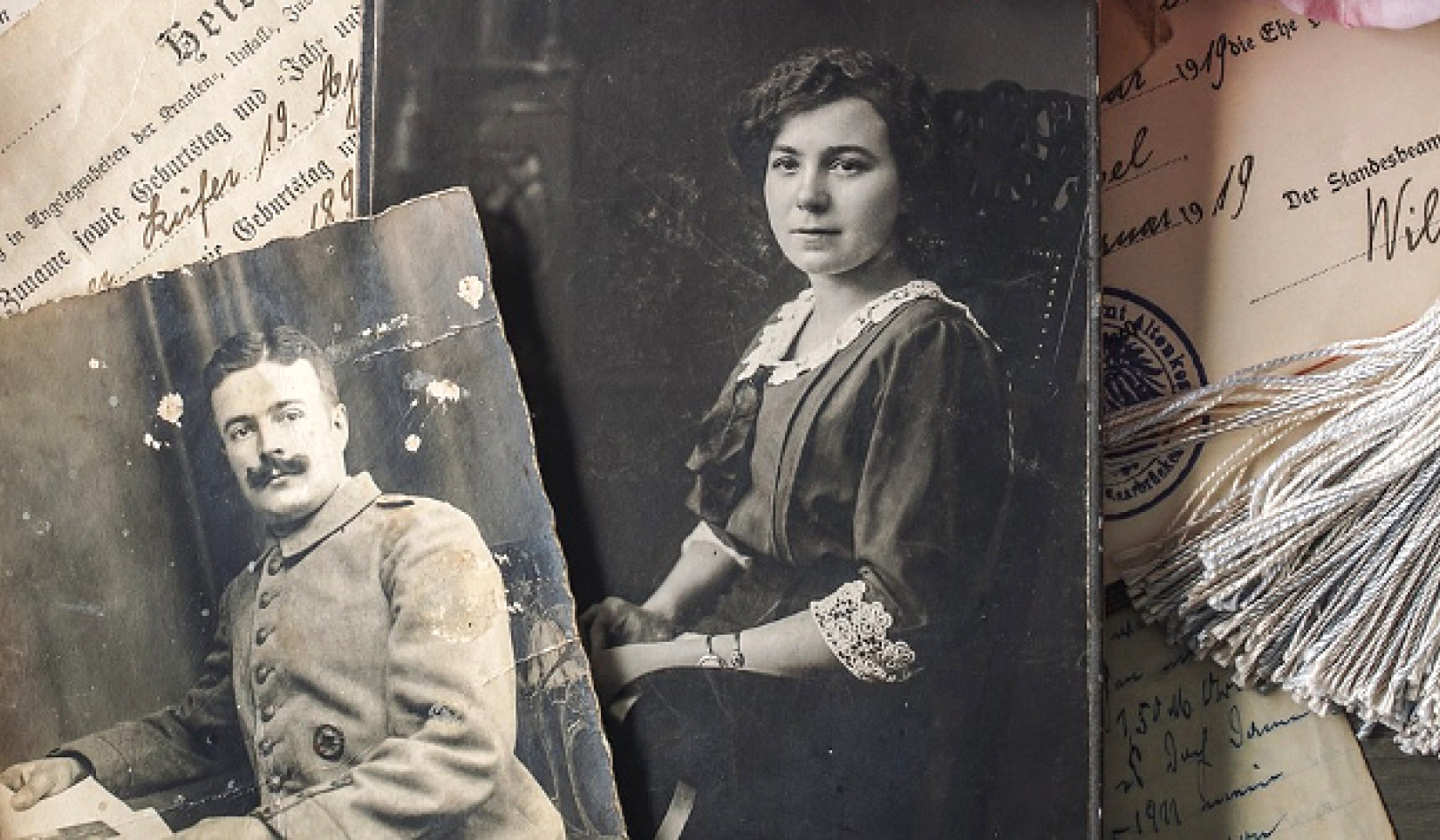
Image from Pixabay
At one time in his life Benjamin Franklin decided to try to lead a life of moral perfection. He deeply believed that virtue was its own reward and that no qualities were so likely to make a poor man's fortune as those of probity and integrity. These are the virtues that he decided to live up to in accordance with his own definitions of them:
1. Temperance — Eat not to dullness; drink not to elevation.
2. Silence — Speak not but what may benefit others or yourself; avoid trifling conversation.
3. Order — Let all your things have their places; let each part of your business have its time.
4. Resolution — Resolve to perform what you ought; perform without fail what you resolve.
5. Frugality — Make no expense but to do good to others or yourself; i.e., waste nothing.
6. Industry — Lose no time; be always employed in something useful; cut off all unnecessary actions.
7. Sincerity — Use no hurtful deceit; think innocently and justly, and, if you speak, speak accordingly.
8. Justice — Wrong none by doing injuries or omitting benefits that are your duty.
9. Moderation — Avoid extremes; forbear resenting injuries so much as you think they deserve.
10. Cleanliness — Tolerate no uncleanliness in body, clothes, or habitation.
11. Tranquillity — Be not disturbed at trifles, or at accidents common or unavoidable.
12. Chastity — Rarely use venery but for health or offspring, never to dullness, weakness, or the injury of your own or another's peace or reputation.
13. Humility — Imitate Jesus and Socrates.
His plan was to concentrate on one particular virtue at a time for the period of a week, but even so to try to abide by them all. He made up a little book that had a page for each virtue and he kept a daily score of his success. The score was simply to indicate by a black mark that he had committed a fault on a particular day with respect to a particular virtue.
Biting Off More Than You Can Chew
Within a short time Benjamin Franklin realized that he had bitten off more than he could chew. As he wrote, "I was surprised to find myself so much fuller of faults than I had imagined; but I had the satisfaction of seeing them diminish." Eventually he decided not to try for absolute perfection and tells why in a humorous way. He says there was a man who wanted his ax to be as bright and polished on the whole of its surface as it was on its edge. Therefore, he put it to the grindstone (with the help of a smith), and when the effort seemed to be exhausting, decided to leave the ax as it then was.
The smith, who had the easy part of the job, was willing to continue helping with the grinding, saying, "Turn on, turn on; we shall have it bright by-and-by; as yet it is only speckled." "Yes," said the man, "but I think I like a speckled ax best." In the same way, Ben Franklin told himself that "a perfect character might be attended with the inconvenience of being envied or hated; and that a benevolent man should allow a few faults in himself to keep his friends in countenance."
I believe that Franklin's list of virtues is an excellent one and I actually tried to see how well I could live up to it. Like the man with the ax, I decided that a somewhat "speckled" Norman Monath was preferable to a colorless one! However, I did learn something important as a result of my efforts: I learned a great deal about my sense of values, about what meant the most to me, and about what I wanted for myself. I believe that anyone who tries the experiment will find it equally rewarding, and I strongly recommend it.
Matching Your Actions With Your Ideals
When discussing this chapter with my friend Strome Lamon, who was then the advertising director of Simon Schuster, he suggested the following exercise: On any given day, choose to examine some of your actions and question whether they match your ideals.
Marjorie Novak, like Strome Lamon, is someone to whom I will always be grateful for supporting me at a time when I needed it most. That was the time when I was in the bookkeeping department and she was my supervisor. In those days we were not allowed to leave the office unless our accounts were in balance, and there were numerous times when mine would be out by a few cents, or thousands of dollars. (It didn't matter which as far as being able to leave was concerned.) Marjorie always showed me how to find my errors and saved me hours of needless trial-and-error operations.
Eventually she became executive vice president of a small but growing publishing company until her retirement as a very wealthy and happy woman. If I had to name one factor above all others that was responsible for her success, it would not be her ingenuity in finding bookkeeping errors. It would be something she did that helped her a great deal in learning what she really wanted.
She used to keep a diary of the various discussions she had with the other executives in the course of business meetings, luncheons, and conferences. The value in keeping those records was not so much in recalling what the other people said but in being able to remember her own thought processes at the time.
In the first place, it doesn't take many notes (after a meeting has taken place) to put down the essentials of what was discussed and the thrust of what each individual did. It is amazing how much your mind will recall when reminded of just a few details. Once, during a trip through France, I jotted down a sentence or two each night recalling one scene or event that would "describe" the day, so to speak. Years later when I would refer to those short sentences, I would instantly recall minute details of all else that happened on those days. So it doesn't take many notes to serve as an effective reminder. Secondly, it follows that from just a few short notes you will recall much about your thought processes at a particular time, and the ability to do this is of immense value in delineating your motivations, your innermost desires, your deepest wishes.
Knowing Where We Came From and Where We Are
It is difficult in the abstract to try to recall what we thought we wanted at certain times in our life, but whenever we can do so, it does so much for our ability to understand the present. Knowing where we came from tells us where we are. Only when we know where we are can we get to where we want to be. And that is why I am never surprised to learn how many successful people have taken notes, kept diaries, or made some kinds of recordings of events in their lives to which they could refer from time to time, the way Marjorie Novak did.
More often than you may realize, you will be surprised at what your line of thinking was at a particular time. This is healthy, since changes in your thinking reflect experience and growth. However, it is essential to know exactly how you have changed and this you can do only by keeping some sort of record. Businessmen often have to refer to their previous correspondence and memoranda; doing this has some of the beneficial effects of what might be called mental review. Statesmen and others elected to high office often write books about their experiences and so are also forced into this process. In the event that your particular occupation does not have such a built-in feature, I urge you to keep a diary of sorts. It doesn't have to be elaborate or detailed. Just a sentence or two will suffice to spark your memory to a surprising degree.
Another exercise in learning what we want is suggested by something David Seabury wrote in The Art of Selfishness. In the chapter "Know Your Own Mind," he asks that you do the following: "Try the law of economy on your personality. Boil yourself down to a few attributes you are certain are characteristic of your nature. Accent those phases. Insist on being true to them. Don't compromise them on any occasion. From this start in personal integrity, you will soon get to know yourself."
Obviously, the more you get to know yourself through this test of your personal integrity, the more you will learn what your true desires are.
Perhaps you have heard it said that if you can't get what you want, you should learn to want what you get. However, that sort of negative approach is shattered by David Schwartz throughout his book, The Magic of Thinking Big, and I couldn't agree more. The only time to settle for what you have is when what you have is what you want. That is the only way to make progress.
Reprinted with permission of the publisher,
Tom Doherty Associates, LLC. ©1984, 2002. www.tor.com
Article Source
Know What You Want & How To Get It!
by Norman Monath.
 Through this, the only book that shows you how to take the first and most important step towards achieving your goals, you will learn how to . . . Know What You Want and Get IT!
Through this, the only book that shows you how to take the first and most important step towards achieving your goals, you will learn how to . . . Know What You Want and Get IT!
Info/Order this book.
About the Author
 Norman Monath was a publishing executive in New York at Simon & Schuster, and was the founder of Cornerstone Library, a large non-fiction house in the 60s, 70s, and 80s. An acclaimed musician and teacher, Monath wrote an instructional workbook entitled How to Play Popular Guitar in 10 Easy Lessons (Fireside, 1984), an easy-to-follow program for mastering the guitar in a matter of weeks. The book is in its 43rd printing having sold over 300,000 copies. Norman Monath was born on July 3, 1920 in Toronto, Canada and raised in New York City, NY. He died December 26, 2011 at JFK Hospital in Atlantis, FL.
Norman Monath was a publishing executive in New York at Simon & Schuster, and was the founder of Cornerstone Library, a large non-fiction house in the 60s, 70s, and 80s. An acclaimed musician and teacher, Monath wrote an instructional workbook entitled How to Play Popular Guitar in 10 Easy Lessons (Fireside, 1984), an easy-to-follow program for mastering the guitar in a matter of weeks. The book is in its 43rd printing having sold over 300,000 copies. Norman Monath was born on July 3, 1920 in Toronto, Canada and raised in New York City, NY. He died December 26, 2011 at JFK Hospital in Atlantis, FL.


























